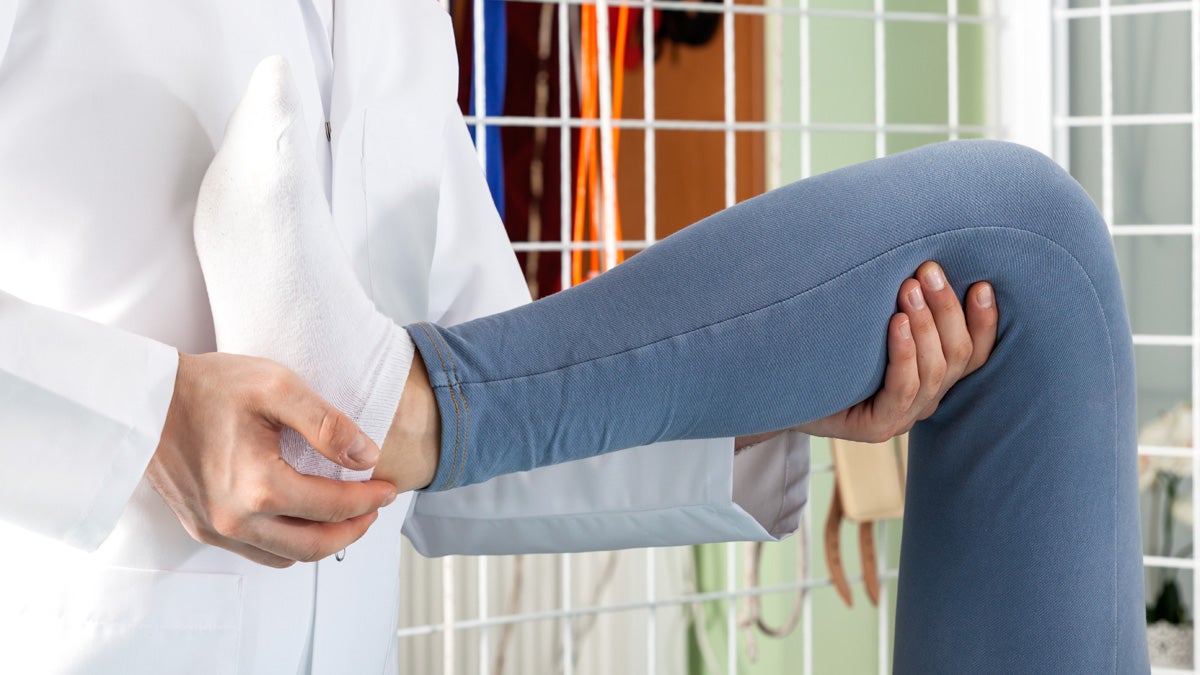Nursing homes jumping into rehab biz with assist from Obamacare
 Photo via ShutterStock) " title="shutterstock_190911749" width="1" height="1"/>
Photo via ShutterStock) " title="shutterstock_190911749" width="1" height="1"/>
(Photo via ShutterStock)
As the implementation of the Affordable Care Act enters its third year, hospitals are still working out how to deal with regulations designed to curb skyrocketing health care costs.
In suburban Philadelphia, the changes are drawing nursing homes and other outpatient facilities into the business of high-tech rehabilitation.
The health law offers incentives for hospitals to control the cost of needed rehab services after a surgery or traumatic injury.
Some health care providers are now outsourcing less intensive forms of rehab work to nursing homes, which bill at lower rates.
Brookside Health and Rehabilitation in Abington, Montgomery County, operated for years as a traditional nursing home. In September, the 120-bed facility opened phase one of a $2 million rehabilitation wing.
During a recent visit, technician Cathleen Bilal helped a 63-year-old woman recovering after surgery to remove a brain tumor. The patient was learning to walk again with the help of the Aretech ZeroG system, a harness and motorized winch system attached to a track on the ceiling.
“The system takes away the body weight of the patient. It will allow us to walk with the patient freely and give her a sense of security,” Bilal said. “On the therapy side, we don’t have to lift her so much…It used to take four people to lift her.”
High-tech systems like the ZeroG cost upwards of $150,000 and are usually found only at large clinical hospitals.
Meg Judson, a business consultant for Brookside, says her facility saves the government money on Medicare and Medicaid reimbursements — by providing similar tools and service.
“The rates for a hospital’s daily charges are much higher just because of the operating overhead. So when you get into a skilled nursing facility, and manage it at a facility level, your costs definitely drop,” Judson said. “Patients are able to leave the hospital sooner and come into a lower cost setting.”
Judson said nursing homes can offer flat rates for patient care, as opposed to sometimes costly “fee-for-service” billing found at major hospitals.
The shifting care model could be a boon for nursing homes and other existing facilities with trained nursing staffs. Judson says she expects rehab services to make up half of Brookside’s business next year.
One big unknown for the industry: It’s not clear how many providers will be able to make the initial investments needed to offer the same rehab services available at big hospitals.
WHYY is your source for fact-based, in-depth journalism and information. As a nonprofit organization, we rely on financial support from readers like you. Please give today.

